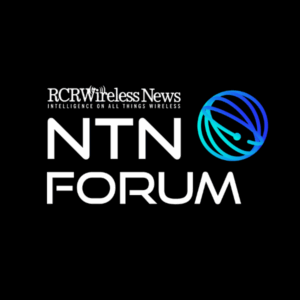WASHINGTON-The Illinois Supreme Court upheld a lower court’s decision that said Illinois cities, including Chicago, could not charge wireless carriers rights-of-way fees because they do not use them.
The Illinois court is the first in the nation to address the constitutionality of fees imposed on wireless carriers for the use of public rights of way, said Caesar A. Tabet, outside counsel for Verizon Wireless, formerly PrimeCo Personal Communications.
“Many other states are confronting similar issues and it is expected that they will look to this decision for guidance,” said Tabet.
In a unanimous decision, the Illinois Supreme Court agreed that rights-of-way fees collected from wireline carriers could not be imposed on wireless carriers that do not actually dig up streets and sidewalks.
The decision is expected to reduce the costs to Illinois consumers, who no longer will have to pay the 2-percent fee. A refund also may be granted, said Tabet.
The Illinois law created separate levies on telecommunications services. The first was a mandatory charge of 0.5 percent on all gross charges for telecom services in Illinois. The second was the Municipal Infrastructure Maintenance Fee (IMF)- a percentage of the gross fees charged by telecom carriers for services originating or received in the municipality. The charge may not exceed 2 percent of gross charges in municipalities with a population of more than 500,000 and 1 percent of gross charges in those with fewer than 500,000 residents. Chicago, being in the first category, imposed a 2-percent fee.
One of the key disputes in the lawsuit originally brought by PrimeCo and United States Cellular was whether the IMF was a fee or a tax. Fees are legal under the Telecommunications Act of 1996, but taxes-or revenue-generating measures-are not. The Illinois Supreme Court upheld the ruling by Cook County Circuit Court Judge Robert Boharic that the IMF was a tax.






